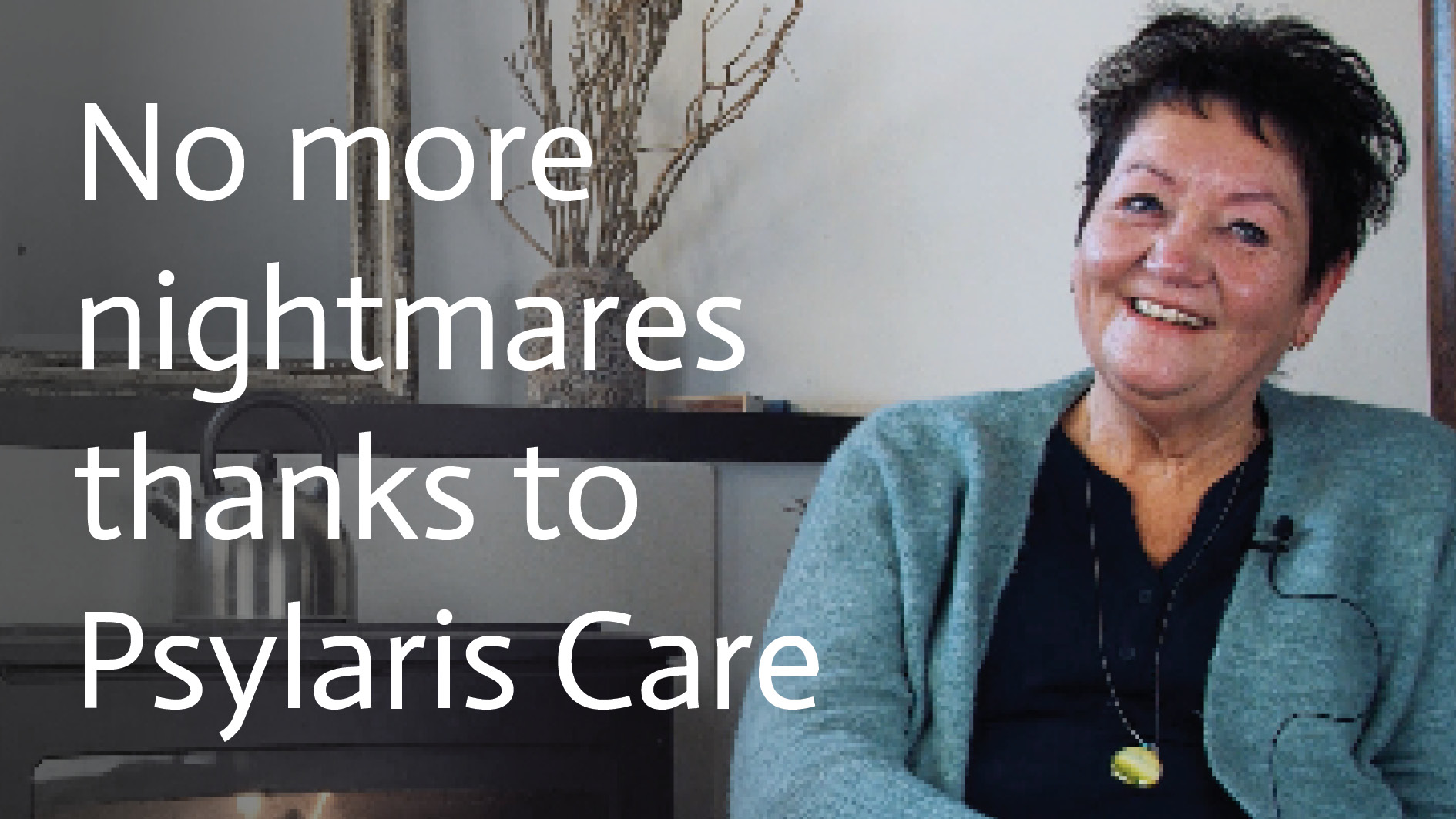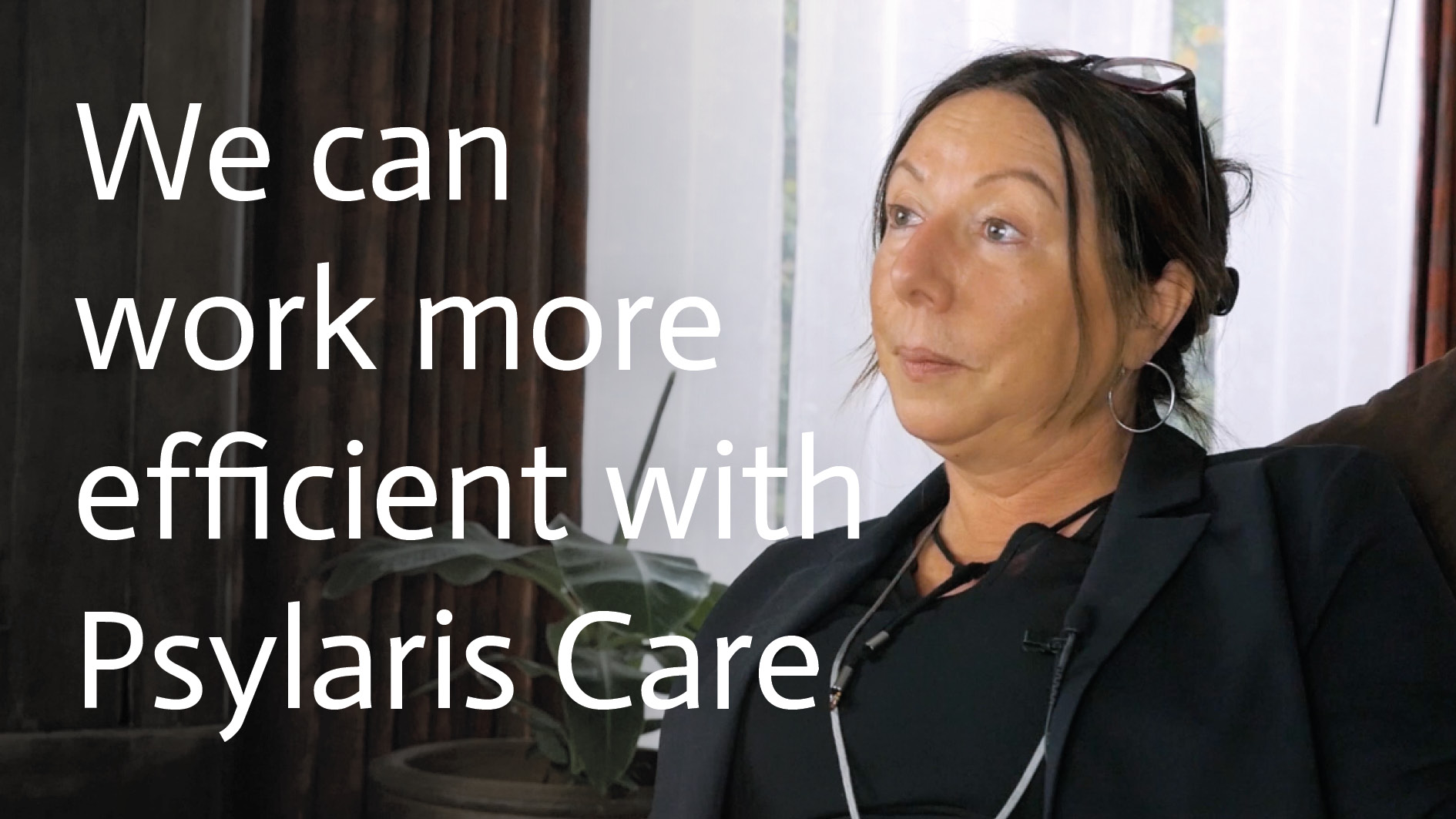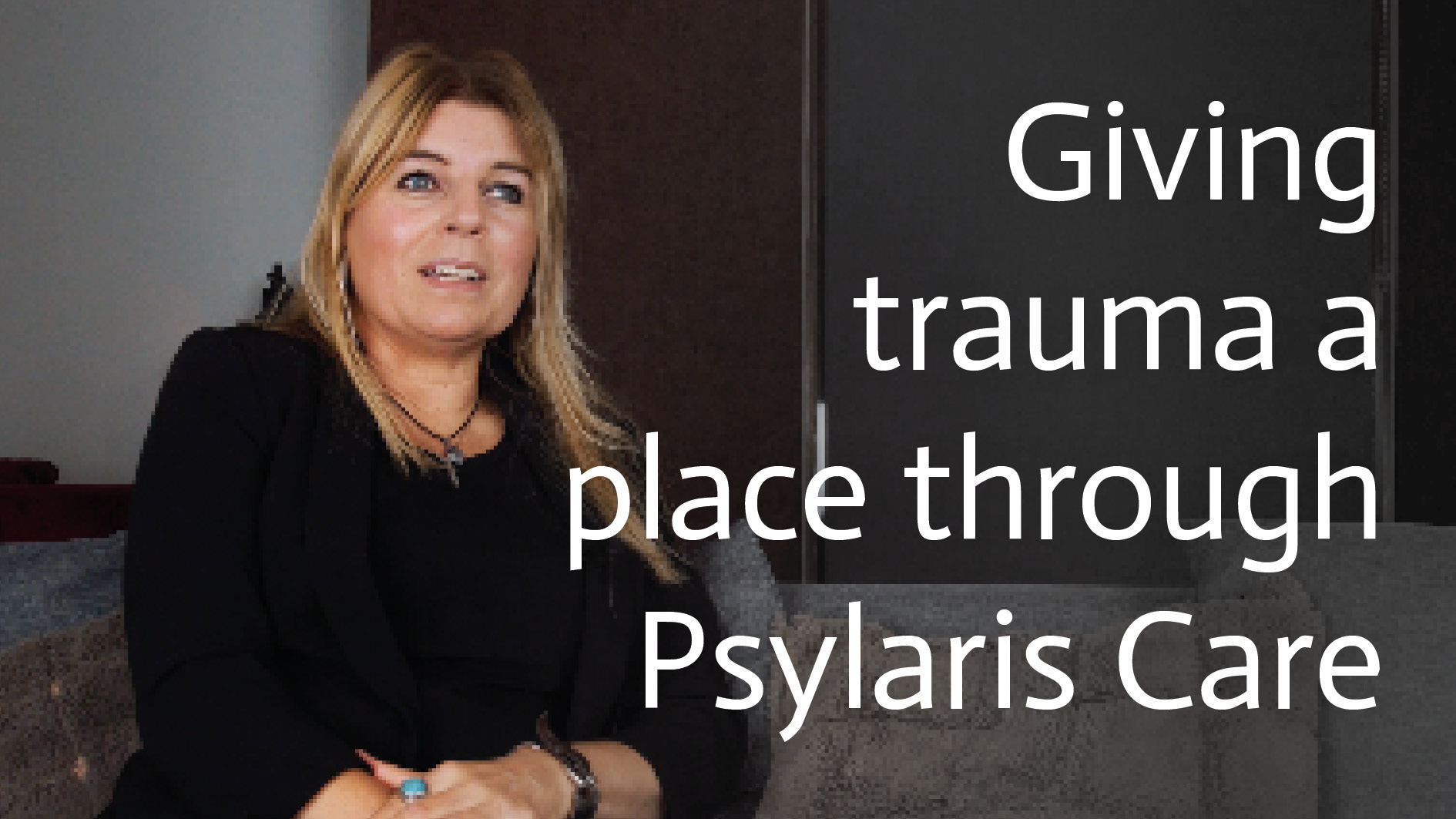What is separation anxiety?
Abandonment anxiety in a relationship is the constant fear of being abandoned. You can be afraid of losing someone you care about, but you can also be afraid of something bad happening to the other person.
This fear keeps you from giving your best in a relationship. It is hard to accept that the other person cannot give you the attention, appreciation or recognition that you need.
How do I recognise separation anxiety?
If you suffer from separation anxiety in your relationship, you want to give the other person as little reason as possible to leave you. You spend a lot of time trying to please the other person and often forget yourself. The other person's needs and desires are more important, and if you fulfil them, they will not leave your life. Or will they?
Unfortunately, in practice it works differently. The other person is not aware of your needs or has not asked you to do your best. The other person might even do the opposite and see your efforts as too much or unnecessary. This directly affects your separation anxiety. This reinforces in you the feeling of insecurity and the feeling of being "not nice enough or not good enough".
The fear of being abandoned leads to a downward spiral. You find it hard to trust and you focus on what you don't get or don't get enough of. The other person can never give you what you need to find peace in your relationship. An appreciation feels temporary and you continue to live in the belief that you must keep trying to keep the other person with you.
On the one hand, you can give a lot in a relationship and be helpful and accommodating, but on the other hand, you can be jealous, demanding and cling to another person. So it is not only difficult for you towards the other person, but also a struggle within yourself.
What is fear of commitment?
People with fear of commitment experience anxiety and stress when they notice that someone is getting too close to them. You find it difficult to commit to someone or to open up to them.
If you suffer from fear of commitment, a relationship can quickly feel oppressive. Even if you enjoy being in a relationship, you may push someone away if the relationship becomes too serious.
Making contact with someone feels complicated or even overwhelming. This does not only have to be in love. It can also happen at work or in friendships. They prefer superficial, short-lived or unattainable relationships.
How do I recognise fear of commitment?
You feel that the other person is standing in the way of your freedom and independence, and you prefer to be on your own. As mentioned before, you quickly get an oppressive feeling in a relationship and don't let anyone really get close to you.
When you are in a relationship, you can be very critical and sceptical. You often feel attracted to unattainable men or women. This is understandable because they can never form a close and stable relationship with you. A safe choice for someone who is afraid of commitment. If you choose a partner who is attracted to you, you may quickly become bored and these relationships will not last long.
With the fear of commitment comes the fear of being hurt. You find it difficult to share your feelings with your partner and prefer to keep the relationship "open". By keeping the other person at a distance, you protect yourself and stay safe behind a wall the other person cannot reach.
Separation anxiety versus fear of commitment
The fear of abandonment in a relationship and the fear of commitment are two sides of the same coin. In both cases, there is a deep fear of losing love and a desire to avoid rejection. In both cases, you cannot emotionally trust that you will get what you need, and that hurts. In both fear of commitment and fear of leaving, a person finds it difficult to be vulnerable or to open up to the other person in the relationship, but this is expressed in different ways.
With separation anxiety, for example, you eliminate yourself and try to please the other person as much as possible. You do everything you can to maintain the relationship and expect a lot from the other person. This leads to feelings of disappointment and despair.
With the fear of commitment, you push the other person away. You try to avoid pain, but instead of challenging the other person, you prefer to withdraw. You do not expect much from the other person and often put yourself above them.
A fear of commitment makes you feel in control and a fear of abandonment in a relationship makes you feel like you are constantly losing control. A popular word for both fears is fear of love. Both having love and being able to lose love cause fear.
Causes of separation anxiety / fear of commitment
Fear of abandonment and fear of commitment have different causes. They often arise in early childhood. It may be that the family situation was unsafe. For example, you did not receive enough attention or the environment in which you grew up was not safe and loving. But it may also be that something happened in your childhood that had a big impact on you. For example, when you moved house, got divorced or were bullied at school.
The fears can also arise later in life. In this case, an unhealthy relationship is the cause. Your sense of trust and security is damaged because the relationship is unhealthy for you, your partner cheats on you or your loved one suddenly dies. These are all moments when love did not feel safe and the pain was so great that it created a fear of the next love.
Hypnotherapy and Separation Anxiety / Commitment Anxiety
If your fear keeps you from being happy, it is important to do something about it. The more you know about your separation or attachment anxiety, the easier it will be to recognise and change it. Hypnotherapy uses hypnosis/trance to explore the cause of your separation anxiety or attachment anxiety in your relationship. It may be that a traumatic experience underlies your fear. In that case you can use hypnosis or EMDR to help you process the trauma. Processing makes the fear lighter and less frightening. After processing, you can more easily change your beliefs, thoughts and feelings and learn to cope in a different way.
If your fear is based on a lack of self-esteem, a lack of security or a lack of self-confidence, hypnotherapy can first help you to build a stable and healthy relationship with yourself in order to reduce separation anxiety, for example. The most important relationship in your life is the one you have with yourself. If this is good, you can also enter into relationships with others with confidence. You learn to listen to your own needs and feelings, and you learn how to get others to treat you with respect and love. Fear is no longer needed as protection.








